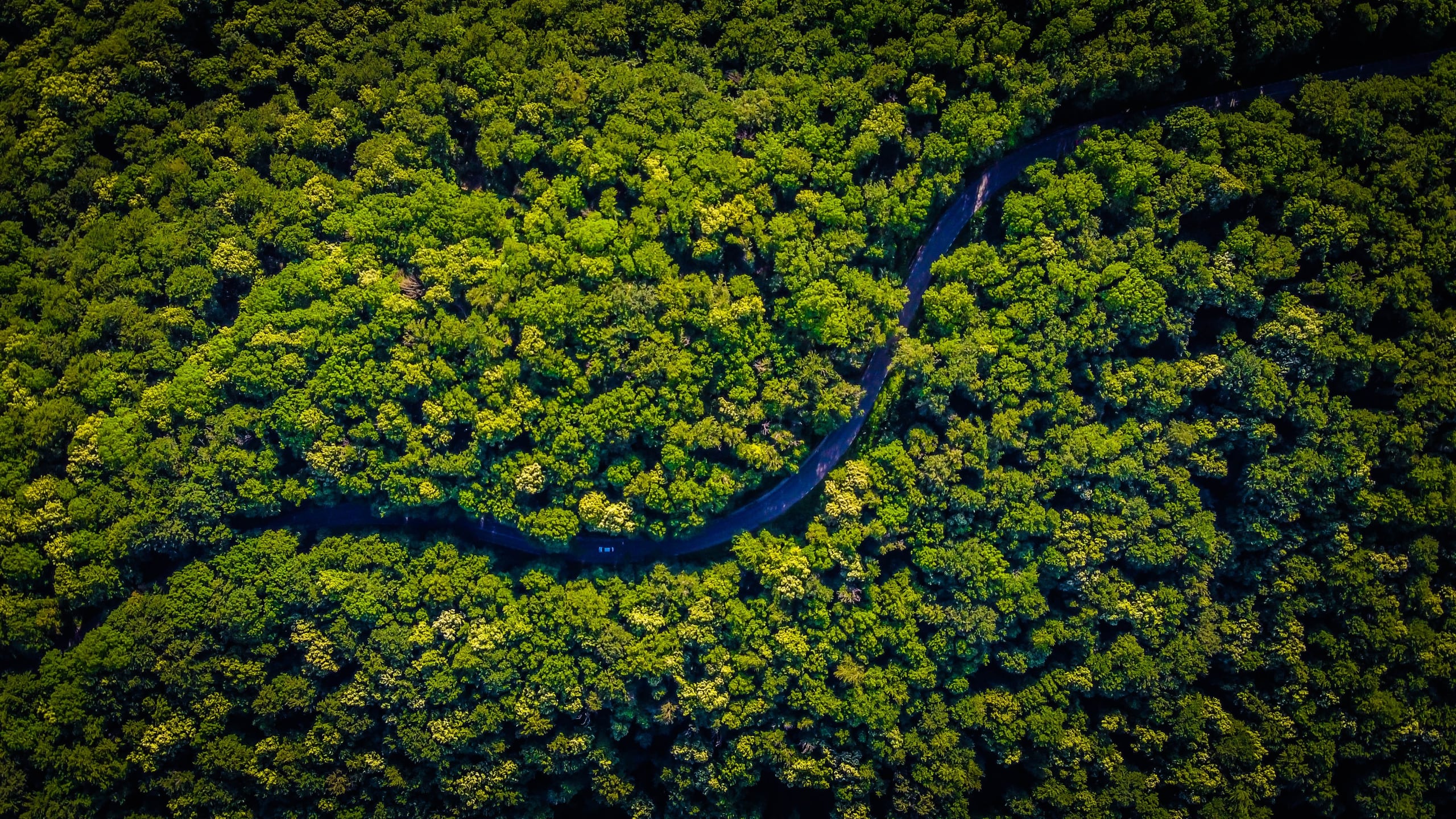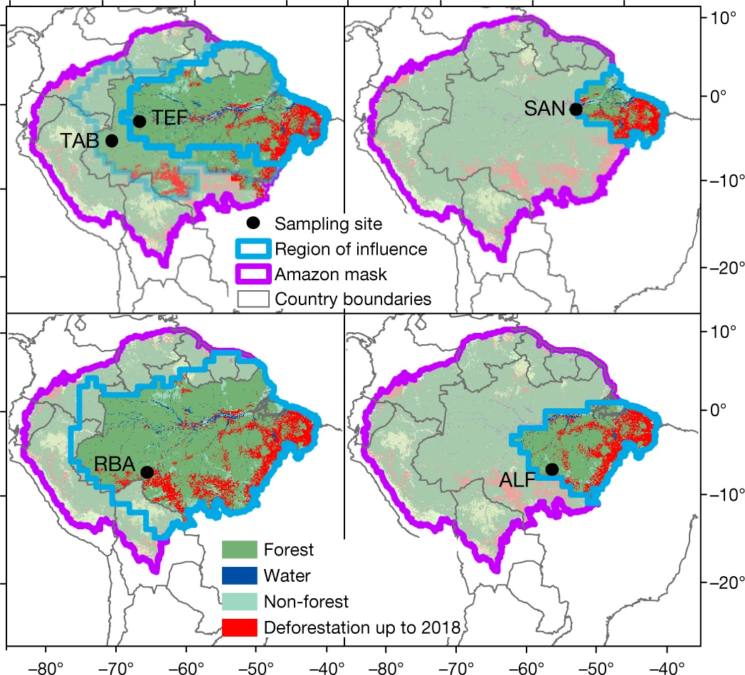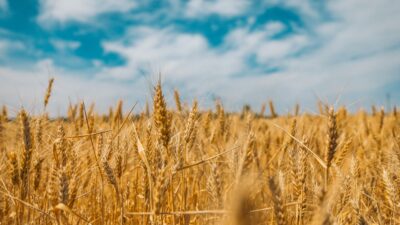Sydney Business Insights

Megatrends watch
COVID-19 driving deforestation in Asia and South America
Increased logging activity has been reported from Brazil, Colombia, Cambodia, Indonesia, Nepal and Madagascar since the start of the COVID-19 pandemic.
Mongabay News, July, 2020
Why now
Reduced monitoring by enforcement agencies due to the social upheaval caused by the pandemic are believed to be contributing to the rise in illegal logging.
More to come
Environmental groups such as the Rainforest Foundation Norway, are concerned the pandemic-induced economic recession will justify the deregulation of businesses involved in natural resources on the part of governments under pressure to pursue a “less green” economic recovery.
The Amazon is no longer the lungs of the world
The environmental damage from such a short-term economic hit will play out for future generations. A report in Nature says the Amazon rainforest is now emitting more carbon than it absorbs.
The 19 co-authors behind the Nature study assert that the Amazon is putting out around one billion tonnes of carbon dioxide more a year than it can absorb. The emissions are due mainly to fires lit by loggers to clear the land to graze cattle or grow crops.
Eight years of aerial surveillance over the Brazilian rainforest measuring carbon dioxide and carbon monoxide shows while the fires produced 1.5B tonnes of CO2 per year, new growth could only remove around 0.5B tonnes.

Source: Amazonia as a carbon source linked to deforestation and climate change
Damage bill
Deforestation across multiple sites has a significant impact on global biodiversity as indigenous animals and other plants are also directly impacted by the fires or subsequently from the loss of habitat. This marked acceleration in the factors contributing to climate change and the associated loss of habitat for flora and fauna emphasises the acceleration of the climate and resource security megatrend.
Megatrends watch: climate and resource security
Subverting
Stable
Accelerating
This update is part of our Megatrends Watch series, which tracks developments that inform our six global megatrends….
Image: Vlad Hilitanu
Sydney Business Insights is a University of Sydney Business School initiative aiming to provide the business community and public, including our students, alumni and partners with a deeper understanding of major issues and trends around the future of business.
Share
We believe in open and honest access to knowledge. We use a Creative Commons Attribution NoDerivatives licence for our articles and podcasts, so you can republish them for free, online or in print.









